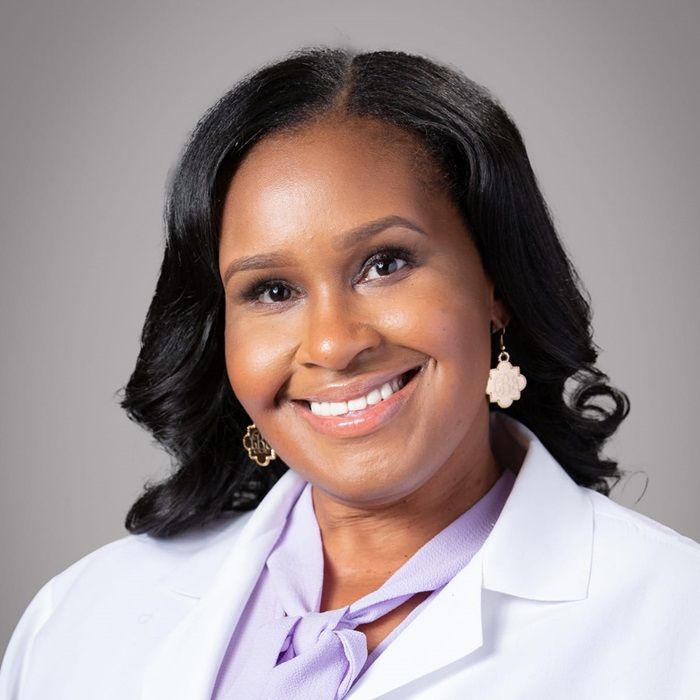- Clinical Technology
- Adult Immunization
- Hepatology
- Pediatric Immunization
- Screening
- Psychiatry
- Allergy
- Women's Health
- Cardiology
- Pediatrics
- Dermatology
- Endocrinology
- Pain Management
- Gastroenterology
- Infectious Disease
- Obesity Medicine
- Rheumatology
- Nephrology
- Neurology
- Pulmonology
Bringing PPD Screening to the Forefront of Maternal Health: A Q&A with Joy Baker, MD
ACOG 2025: Joy Baker, MD, discusses the urgent need to prioritize postpartum depression screening, normalize mental health in prenatal care, and strengthen continuity between OB-GYN and primary care.

Postpartum depression (PPD) affects as many as 1 in 8 women, yet it remains inconsistently screened for—even as screening for gestational diabetes is routine. At the American College of Obstetricians and Gynecologists (ACOG) 2025 Annual Meeting, Joy Baker, MD, an ob-gyn at Wellstar West Georgia Medical Center, discussed the need to elevate mental health care during and after pregnancy and offered practical strategies to improve PPD screening and care continuity.
Patient Care: You began your talk by comparing how routinely we screen for gestational diabetes with how inconsistently we screen for PPD. Why do you think PPD is underprioritized in clinical conversations?
Dr Joy Baker: I think it’s often just not on our radar. We’re so focused on conditions like diabetes and hypertension during pregnancy that we can overlook the mental health changes. And then there's the issue of limited resources—if I screen and get a positive result, what next? Who do I refer the patient to? Sometimes, it's easier not to bring it up at all.
Patient Care: You touched on stigma, shame, and fear as barriers to patients disclosing symptoms. How can clinicians create a safer, more supportive environment?
Dr Baker: In my practice, I normalize mental health as part of prenatal care. We screen at the first visit, again in the third trimester, before discharge from the hospital, and at postpartum follow-ups. I tell patients: this is a vital sign, like your blood pressure. We’re checking on your emotional well-being because it’s part of your overall health.
Patient Care: What language do you use when talking with patients about postpartum depression?
Dr Baker: I say, “Postpartum depression is common—it happens to many people. That’s why I screen everyone.” Making it routine helps patients feel safe and know that this is a place they can talk about it, now or later.
Patient Care: Some postpartum patients never return to their OB-GYN but do see a primary care provider. How can we improve mental health care continuity during that transition?
Dr Baker: That’s critical. Mental health conditions—including PPD, substance use, and suicide—account for 23% of maternal deaths, according to the CDC. Everyone who sees postpartum patients, including primary care clinicians, should be screening and ready to refer or support. It’s not just OB-GYNs—this is a shared responsibility.
Patient Care: You mentioned that patients don’t speak in DSM-5 terminology. How should primary care physicians interpret the language patients do use?
Dr Baker: Patients won’t say, “I have anhedonia.” They’ll say, “I didn’t want to go to the game,” when they usually would. Or, “I’m tired all the time,” “I can’t sleep,” or “I feel overwhelmed.” A patient scrubbing bottles repeatedly might not say she’s anxious, but those behaviors signal something. It’s up to us to listen closely and translate what they’re really saying into clinical terms so we can act.
Patient Care: What are your top take-home messages for primary care clinicians?
Dr Baker: First, you have the power to help change the statistics. Screen early and often. Support patients with preexisting mental health conditions, and follow up. Second, if you’re not comfortable managing perinatal mood or anxiety disorders, help patients connect with someone who is. A warm handoff can save a life. Turning this ship around will take all of us—OBs and primary care working together.
